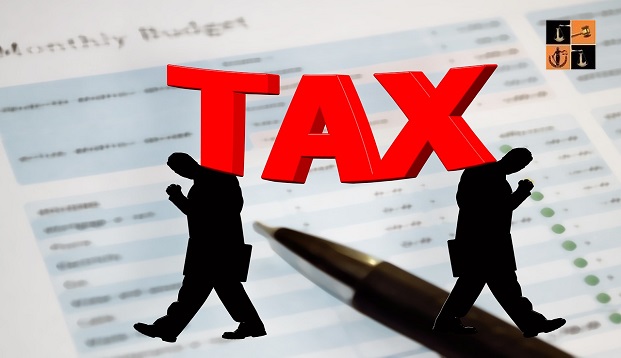In a recent ruling, the Karnataka High Court has confirmed the overriding effect of a sales tax exemption certificate over a subsequent Value Added Tax (VAT) notification. The court held that the exemption granted to tourism units under the Karnataka Sales Tax (KST) Act remains valid, and the benefits conferred by the exemption certificate cannot be rescinded prematurely.
The case involved a registered dealer, a tourism hotel unit, providing boarding and lodging services in Karnataka. The Government of Karnataka had issued a notification exempting the sale of food articles and beverages by new tourism units under the KST Act. The assessee had obtained an Exemption Certificate from the Commissioner of Tourism, Govt. of Karnataka, Bengaluru.
However, the Deputy Commissioner of Commercial Taxes (DCCT) cum Assessing Officer (AO) issued a proposition notice, contending that after the enactment of the Karnataka Value Added Tax (KVAT) Act, the exemption under the KST Act would only apply to new industrial units and not tourism units.
The Revenue argued that the exemption was limited to the transactions during the KST regime and that no similar exemption had been issued under the KVAT Act for tourism units or hotels. The Assessee, on the other hand, asserted that the KVAT Act does not contain any provision denying the benefits granted under the KST Act.
A division bench of Justice P.S. Dinesh Kumar and Justice C.M. Poonacha observed that the assessee had availed 100% sales tax exemption in 2003. The court noted that the State Government had clearly stated in the notification that the discontinuation of the exemption would not affect dealers who had already made investments in new tourism units and that the incentives offered by the government would remain unaffected.
The court emphasized that the eligibility certificate, valid for seven years, could not be rescinded before the completion of the eligibility period as it constituted a sovereign assurance. It further ruled that the Revenue's argument, which sought to deny the exemption under the KVAT Act in the absence of a specific notification, was untenable.
The court dismissed the Revenue's revision petition and held that the government's notification discontinuing sales tax-based incentives had been clarified through subsequent notifications, ensuring that the incentives offered to tourism units remained intact.
This ruling by the Karnataka High Court provides clarity on the validity of sales tax exemptions for tourism units and affirms the protection offered by exemption certificates. It establishes that the benefits granted under the KST Act cannot be arbitrarily rescinded under the KVAT Act, ensuring a stable and predictable tax environment for tourism businesses in Karnataka.
Picture Source : https://www.needpix.com/photo/download/316642/taxes-tax-office-tax-return-form-income-tax-return-income-tax-wealth-finance-tax-evasion


























